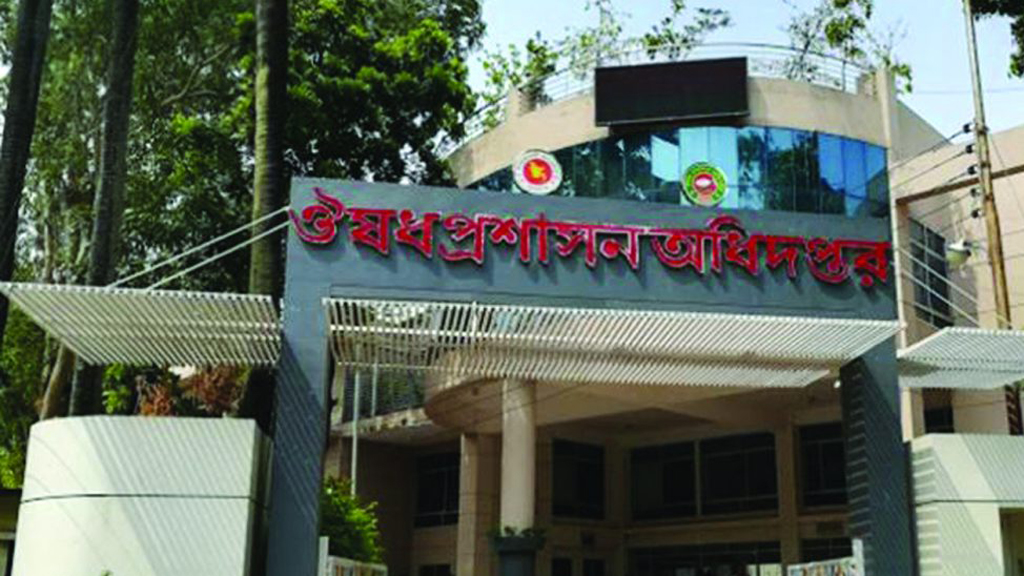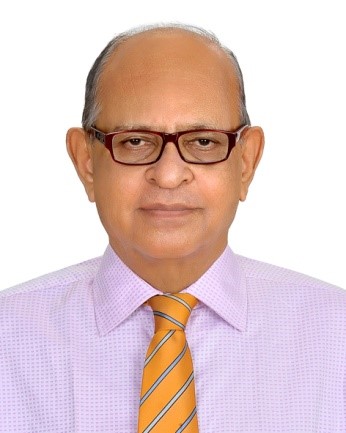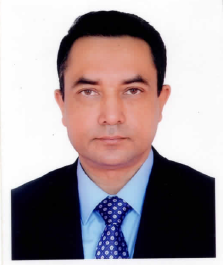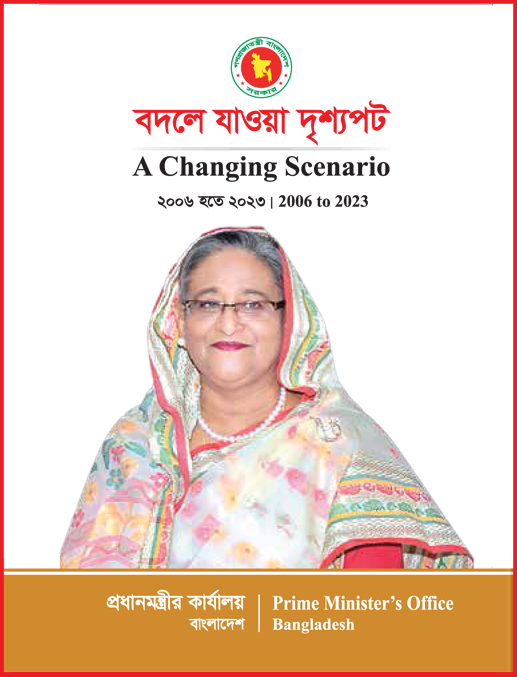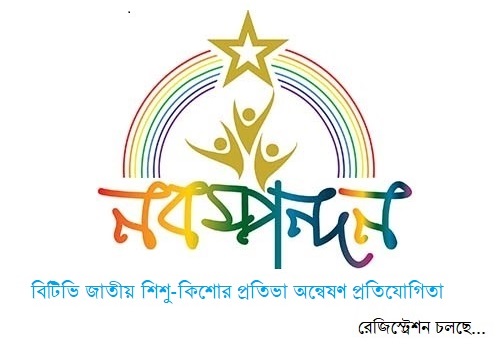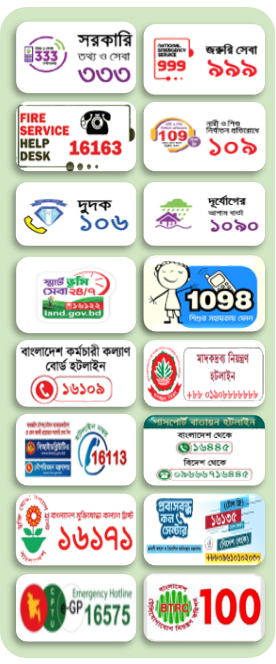ইতিহাস
Historical background
Before 1971 -An organization under the Central Govt of Pakistan under the Controller of drugs. After the war of liberation- An attached department of the Ministry of Health and Population Control. Since 1976 -A separate Directorate directly under the Ministry of Health and Family Welfare, 17 January 2010 upgraded as the Directorate General of Drug Administration.
Introduction
Directorate General of Drug Administration (DGDA) is the organization entrusted with the responsibility of ensuring the quality, efficacy and safety of pharmaceutical products though the implementation of relevant legislation. The organization is trying its best to fulfill the requirements of the pharmaceutical sector of the country and thereby meeting the needs of the people of the country by ensuring the safety, efficacy and quality of the medicines.
Responsibility
The responsibilities of this organization are as follows :
a. To ensure the quality, safety, efficacy and usefulness of all kinds of drugs and medicines including Homeopathic, Unani, Ayurvedic and Herbal drugs which are produced , imported and marketed in the country and also exported to overseas.
b. To make essential drugs available and affordable to the common people of the country.
Drug Testing Laboratory
Testing of drugs are required for evaluating pre-registration and post-marketed drugs and medicines quality. At present, there are two Govt. Drug Testing Laboratories in the country, one in Chittagong and another in Dhaka.
Legislation
All the activities of DGDA are governed & guided by
* The Drug Act 1940
* The Drug Rules 1945 and their amendments
* The Drug Rules 1946 and their amendments
* The Drug (Control) Ordinance 1982 and its amendments
* The Drug (Control) Ordinance Amendment Act 2006
* National Drug Policy 2005
The Ordinance provides for the following legislative powers and responsibilities with respect to drugs and medicines:
1. Formation of a Committee of experts, called the DCC or Drug Control Committee, for consideration of registration of medicines and/or their cancellation.
2. Prohibition of manufacture and sale of drugs without the supervision of pharmacists.
3. Restriction on import of certain pharmaceuticals and finished drugs.
4. Review of under-licensing agreements.
5. Fixation of prices of essential drugs.
6. Control of advertisements and claims in respect of drugs.
7. Implementation of GMP in the manufacturing units as recommended by WHO.
8. Formation of Drug Courts for trying offenses related to drugs.
9. Formation of a National Drug Advisory Council for advising the Govt. on matters related to essential drugs.
10. Formation of an Appellate Authority.
11. Recognition of Traditional and Homeopathic medicines as drugs.
12. Imposition of penalty for :
- manufacture and sale of adulterated, spurious and restricted drugs.
- manufacture and sale of substandard drugs.
- unauthorized import of drugs and raw materials.
- sale of medicines at prices higher than the Maximum Retail Price (MRP) by the Licensing Authority.
- theft of Drugs from Govt. hospitals and stores.
- illegal advertisement of drugs and claims about their qualities and uses.

